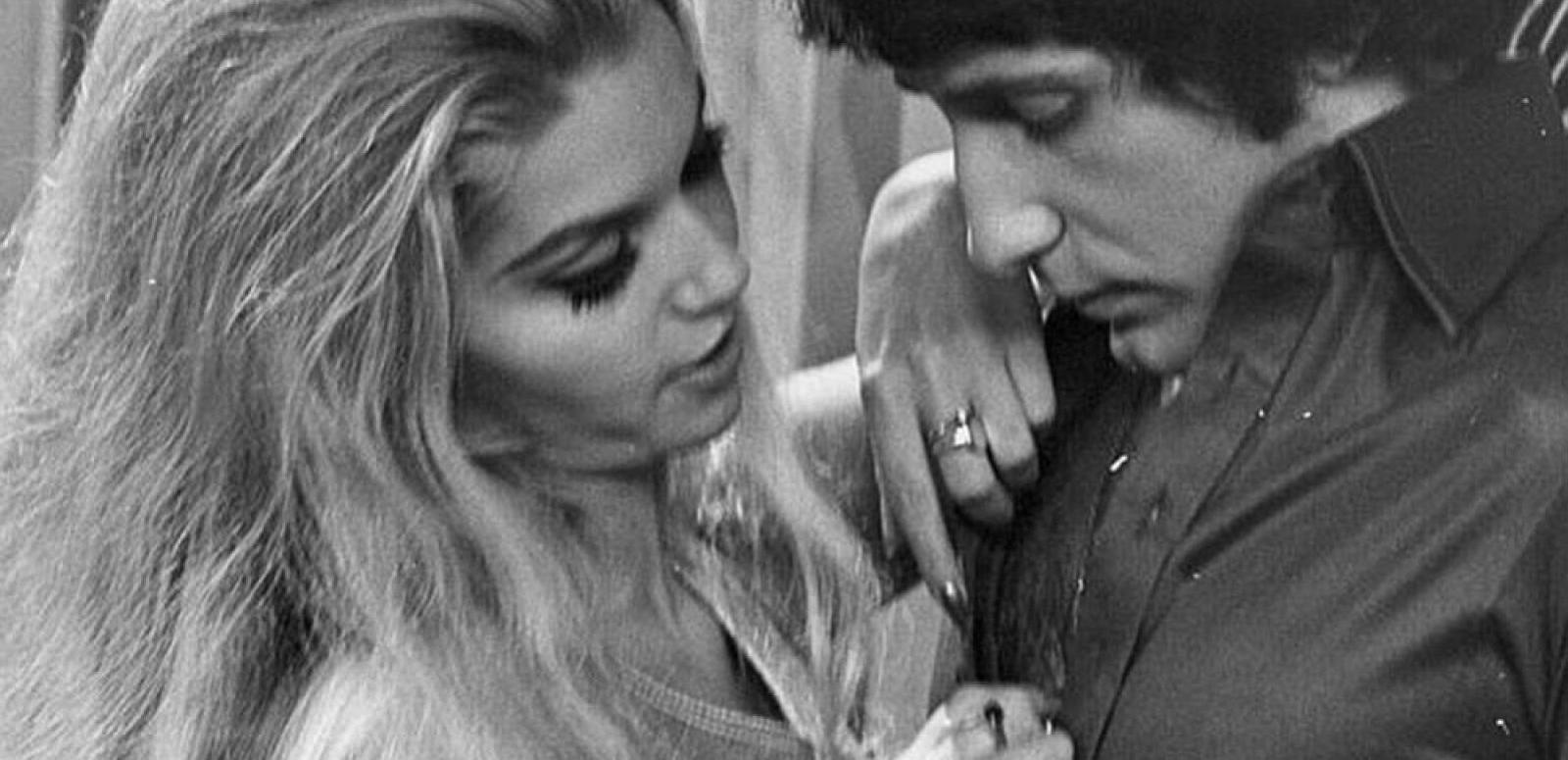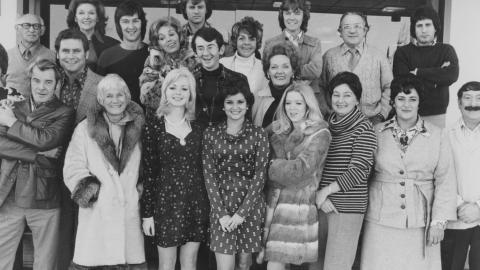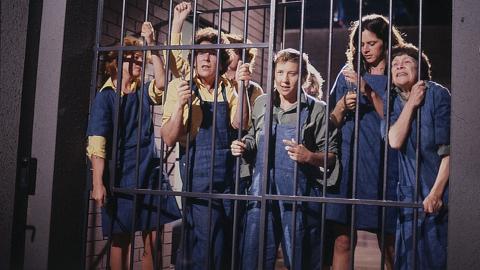

Number 96
Number 96: smashing taboos in the 1970s
The NFSA's Jemma Pietrus speaks to three Number 96 experts – series creator David Sale, TV historian Andrew Mercado and author Nigel Giles – about the groundbreaking 1970s soap opera.
Jemma Pietrus: What impact did Number 96 have on Australian television?
David Sale: The magic of Number 96 (1972–77) seems to be eternal in terms of what it achieved as entertainment and social significance. My commission was to come up with a racier version of the UK’s Coronation Street (1960–current), so I included subjects that to me, as a young man, were relevant and yet perhaps were not spoken of in polite society.
For example, in 1971, homosexuality was against the law and in some places classed as a mental illness. I really didn’t care. It existed, so it was included. There was so much fuss about the overall goings-on at what was to become the most infamous address in Australia that I think the homosexual content sort of got bypassed. Perhaps the shock of it was cushioned by the sight of Abigail’s breasts.
Nigel Giles: It was daring. There had never been anything like it on our TV screens and its writers were brazen enough to push the boundaries as far as they could with the depiction of taboo subject matter and important social issues including homosexuality, transgender characters and interracial relationships. It was the first drama series anywhere in the world to air five nights a week in prime time.
In 1971, homosexuality was against the law and in some places classed as a mental illness. I really didn’t care. It existed, so it was included.
And the response from viewers?
Nigel: Its popularity was remarkable – fans of all ages lapped up the antics of a diverse range of memorable characters.
David: The viewers were so knocked out by it all, by the time they realised the implications of what they were watching, they were so interested in the characters and the storylines, it didn’t matter.
And before you knew it, one old lady on a bus was heard to say to another lady, ‘Oh, I do hope Don gets back with his boyfriend’.
It’s still interesting to look back on those times and marvel that while all this outspokenness was going on here in Australia, the Americans were still churning out The Brady Bunch (1969–1974), and the London Daily Mail featured a huge headline, ‘Too Hot for Us!’, over a picture of Abigail and an article on the show.
As a viewer of the show, Nigel, what memories do you recall from the Number 96 era?
Nigel: I was 8 years old when I started watching Number 96 more than 40 years ago and it’s still my favourite TV show. The beloved characters, the ribald comedy and of course the outrageous storylines have all stayed with me. Number 96 was not only entertaining, but also an eye-popping education.
There was plenty of naughty nudity and I’m sure I’m not the only kid who had to ask their parent to explain the meaning of ‘virgin’. One favourite lasting memory for me comes from an episode later in the series where I got to see actor John McTernan’s bum in all its naked glory!
Everybody talks about how groundbreaking Number 96 was in the 1970s, not only in terms of nudity but also because of its themes. Andrew, has Australian TV since become more conservative?
Andrew Mercado: After Number 96, television slowly did become more and more conservative which is a shame, given we once led the world in smashing taboos and covering difficult subjects with humour.
Andrew you mention on australianscreen that Number 96 hasn’t been seen very often on our screens. Why is this the case?
Andrew: All the black-and-white episodes of Number 96 were wiped because there was thought to be no market for them after colour TV – what a tragedy to have lost that history!
It’s such a shame the show has been prevented from being repeated since, because the comedy still holds up remarkably well – and it would definitely find a cult audience today.
The National Film and Sound Archive of Australia acknowledges Australia’s Aboriginal and Torres Strait Islander peoples as the Traditional Custodians of the land on which we work and live and gives respect to their Elders both past and present.


